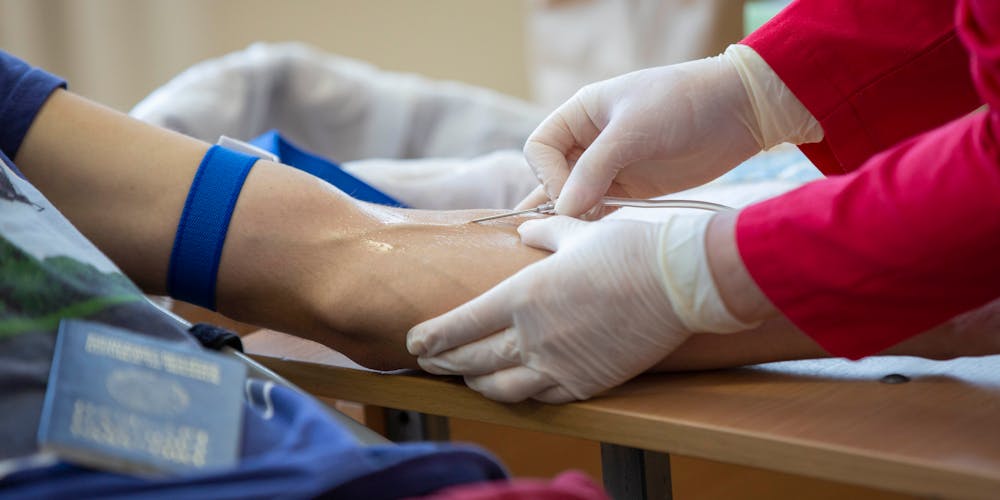The UK’s National Health Service (NHS) has suffered a paralyzing cyber-attack, severely impacting pathology service provider Synnovis and a number of significant London hospitals, such as King’s College Hospital and Guy’s and St Thomas’. As the NHS scrambles to recover from this digital onslaught, an extraordinary call has been issued for blood donors and medical student volunteers to help sustain critical patient care. The attack’s fallout has been immediate and severe, with vital operations interrupted and important medical appointments, including those for suspected cancer cases, being forcibly delayed. This stark incident illuminates the pressing need for a robust cyber-resilience framework within healthcare institutions.
Devastating Impact on Hospital Services
Amid the chaos unleashed by a ransomware attack last Monday, the NHS has faced a dire scenario. The breach disrupted the functionality of hospitals, compelling the cancellation of more than 200 life-preserving surgeries and countless essential appointments. This has brought into sharp relief the importance of cybersecurity within the healthcare sector. Given the gravity and scale of the situation, the NHS is laboring under tremendous pressure to adapt and respond quickly to mitigate the ramifications for patient welfare. The evident vulnerability highlighted by such an attack underscores a pivotal lesson for similar institutions: the absolute necessity to implement reinforced cyber defenses.
NHS Calls for Immediate Blood Donations
As one of the immediate repercussions, there has been an unprecedented appeal for donors of O-type blood. Due to the attack, the sophisticated systems normally relied upon to match blood types to patients in need have been incapacitated. The urgency for donations, especially O-negative which is universally accepted, and O-positive, suitable for a vast majority, has never been greater. This plea for blood is set against a backdrop of already depleted reserves, exacerbated by the recent holiday season. The situation is urgent, necessitating a rapid population response to prevent further healthcare crises from arising due to a lack of blood resources.
Recruiting Medical Students as Volunteers
Confronted with a shortage of active staff in the wake of the cyber-attack’s disruption, the NHS has turned to an unconventional but pragmatic solution: recruiting medical students to volunteer. These students, often referred to as “floorwalkers,” are thrust into the emergency by supporting essential services beyond their typical educational experiences—endorsing blood transfusion bags and ensuring the delivery of blood test samples. Their contribution, during extended shifts, has been invaluable in enabling a strained system to function and in maintaining a degree of continuity in patient care amid the turmoil brought upon by the cyber threat.
Attribution of the Attack to a Russian Group
The digital assault has been attributed to Qilin, a Russian hacking group, and its effects are profound, extending far beyond the initial breach. The ramifications of the cyber-attack resonate through the health service, with essential lab results that underpin critical patient care decisions being inaccessible. This indicates that full recovery from the cyber-attack is not a matter of days but rather a prolonged struggle, spanning several weeks, during which the NHS will have to continue negotiating the intricacies of patient treatment under compromised circumstances.
The Broader Cybersecurity Concerns for Healthcare
The United Kingdom’s NHS has been hit hard by a paralyzing cyber-attack that’s left a significant mark on major London hospitals, including King’s College Hospital and Guy’s and St Thomas’. Pathology service provider Synnovis has also been severely affected. In the wake of this crisis, the NHS is doing everything it can to bounce back. Amidst these efforts, there’s been an urgent plea for blood donations and for medical students to volunteer, stepping in to uphold crucial patient services. The cyber-attack has had immediate and profound consequences, disrupting essential surgeries and postponing critical medical appointments, including those for patients under investigation for cancer. This stark emergency underscores the critical necessity for stronger cybersecurity measures within healthcare systems to prevent such disruptions and protect patient care. This incident spotlights the dire necessity for fortified cyber-defenses in our healthcare facilities.

